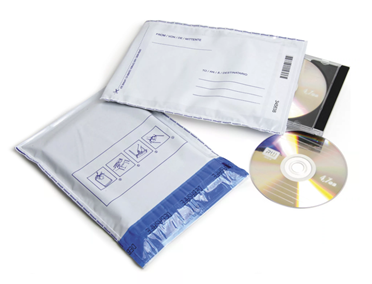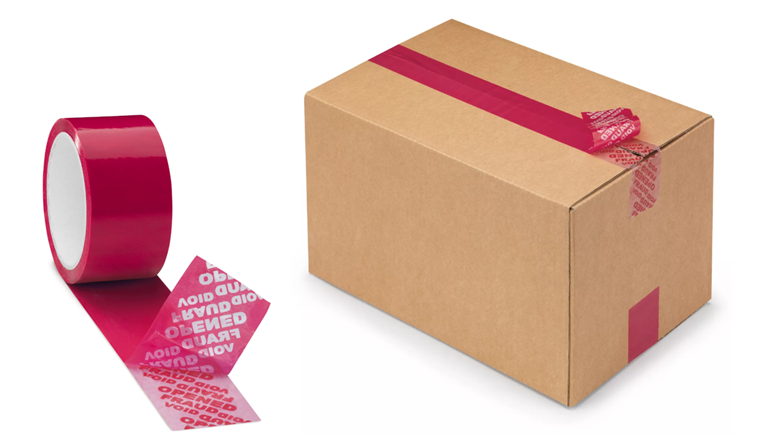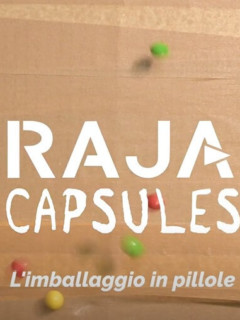When and how to sign with reservation
Do you have a company that produces and ships fragile or valuable items and are afraid that the parcel might arrive damaged? You can suggest to your customers to accept the parcel with reservation: thanks to this precaution, the regulations in force allow for recourse against the courier in the event of damage to the product.
In this article, we will address a right that is often overlooked. When dealing with shipments, parcels and couriers, it is important to know that you can ‘accept/sign subject to control’.
Recommending to your customers to sign with reservation is a protection not only for them, but also for your company or e-commerce. If you have a business, it is in your interest that the products arrive undamaged and in perfect condition, just as when you shipped them. When goods arrive damaged or unusable, the brand’s reputation suffers. If something goes wrong, it is only fair that the person who caused the damage be held accountable.
A fundamental distinction is that between a general reservation (which has no legal value) and a specific reservation. In the latter case, which is the one we are investigating, it is necessary to indicate the problem encountered for which the package is accepted with reservation. You write next to the signature or in the space provided on the paper delivery note (or electronic PAD) the reason, such as “subject to the package being crushed” or “subject to the package being opened”.
Why is it important to sign with reservation?
Accepting with reservation means that the end user, who has made a purchase, reserves the right to check the package at a later date when receiving it and that, in the event of damage caused by transport, the courier will have to take charge of it. This is a very important protection because when a courier delivers the goods to you he does not, in almost all cases, have time to allow you to open the box or envelope containing the product to see what state it is in. According to the law (Art. 1693 CC), in fact, the carrier is liable for the damage caused to the things he has transported, from the moment he receives them until the moment of delivery. This applies unless he proves that the damage or even the loss was caused by:
- unforeseeable circumstances
- by the nature or vice of the thing;
- by the packaging;
- the sender’s or consignee’s liability.
Difficulties arise because the courier delivers the product in a closed box or envelope and you cannot see inside at a glance.
Since it is often difficult to assess the integrity of a good that we receive in a closed box (unless it is broken, opened or obviously damaged) at the time of delivery, or perhaps by its very nature does not allow us to make the necessary checks, it is essential to know that we can use the “reserve clause.”

It is rare for the recipient to be able to immediately check the integrity of a product, and this is especially true in cases where there are items that need to be assembled or assembled. In this case some parts, even small ones, may have been lost or damaged during transport and may not be immediately apparent.
In addition, the rule governing the contract of carriage of goods (Art. 1698 CC) states that the unconditional receipt of the transported items prevents the consignee from reporting damage to the carrier, except in the case of wilful misconduct or gross negligence on the part of the carrier.
Remember also that, in the case of damage that was not apparent at the time of delivery, the consignee must report the damage to the carrier within eight days of receipt of the goods, otherwise he automatically loses the right to compensation.
What can one do as an alternative? Reject the parcel.
This is not the same as exercising the so-called right of withdrawal (right that allows, within 14 days of delivery, to express one’s reconsideration of the purchase, without having to give reasons). In fact, for the purposes of the right of withdrawal, the formalities provided for by the law and the contract must be complied with. Thus, the mere refusal to receive the goods from the hands of the carrier does not amount to manifesting the right of reconsideration: with the consequence that the consumer may be obliged to pay the price.
Another case that may arouse suspicion is if the box arrives sealed with tape from the carrier. The package may have been tampered with or suffered damage during transport: this is one of the cases in which it is worth reserving the right to check.
Do you have a business and want to protect yourself?
Within the RAJA product range there are packaging specially designed for safe shipping such as:
- RAJA white tamper-proof plastic shipping envelopes
These special envelopes are tamper-proof because if you try to open them, a “STOP” message appears. They are also traceable thanks to the unique, sequential identification number and the detachable receipt.

- Adhesive security tape
Ideal for securing courier items, it leaves a break-in message on the carrier when it is peeled off.

- Indicators and labels
These small tools can tell you if your parcel has been turned upside down, has suffered shocks or has been subjected to temperature changes.

Want to know more about burglar-proof packaging? Read this article: Protect your shipments with tamper evident systems
Can the courier refuse to deliver a parcel under reserve?
Another important aspect is the attitude to take towards the delivering carrier.
Some carriers, in fact, may disagree with the recipient’s request for a signature with reservation (and this may be because they are aware that the goods were not transported with due care or that something went wrong during the journey). Besides this very attitude being a confirmation that suspicions about the integrity of the package are well-founded, it is good to insist.
Accepting subject to a reservation is a right and no one can ever be forced to sign a bill without a reservation if there is reason to believe that the parcel is not in perfect condition. In fact, by accepting without reservation, one loses any right of recourse against the carrier and the same could be done by the person who sent the parcel: e-commerce will not be obliged to reimburse the customer for a parcel accepted as suitable. If the courier makes a fuss and does not allow the marking, it is better to refuse the package and then contact the seller’s customer service to tell them what happened and to agree on what to do.















